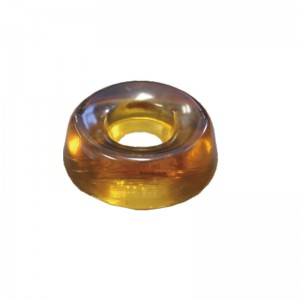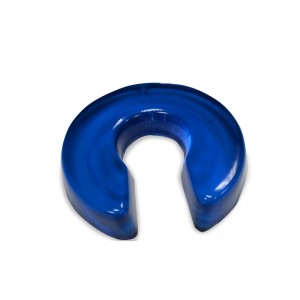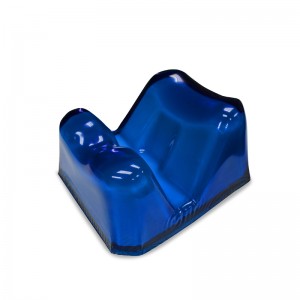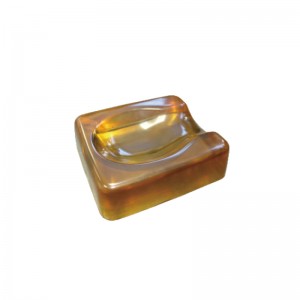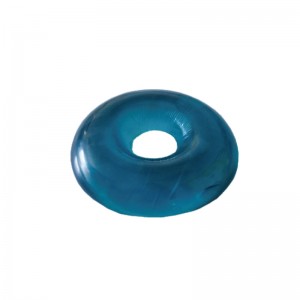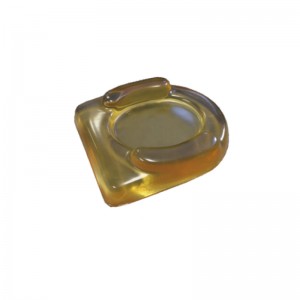
Closed head positioner ORP-CH1
Closed head positioner ORP-CH1
Model: ORP-CH1
Function
1. Protects head, ear and neck. Applied in supine, lateral or lithotomy position to support and protect patient's head and avoid pressure sores.
2. It can be used in many surgical procedures such as neurosurgery and ENT surgery
| Model | Dimension | Weight | Description |
| ORP-CH1-01 | 4.8 x 4.8 x 1.5cm | 21.8g | Neonatal |
| ORP-CH1-02 | 9.5 x 9.5 x 2cm | 0.093kg | Neonatal |
| ORP-CH1-03 | 15 x 15 x 4.5cm | 0.45kg | Pediatric |
| ORP-CH1-04 | 22.5 x 22.5 x 5cm | 1.48kg | Adult |
| ORP-CH1-05 | 21.3 x 21.3 x 6.8cm | 1.8kg | Adult |
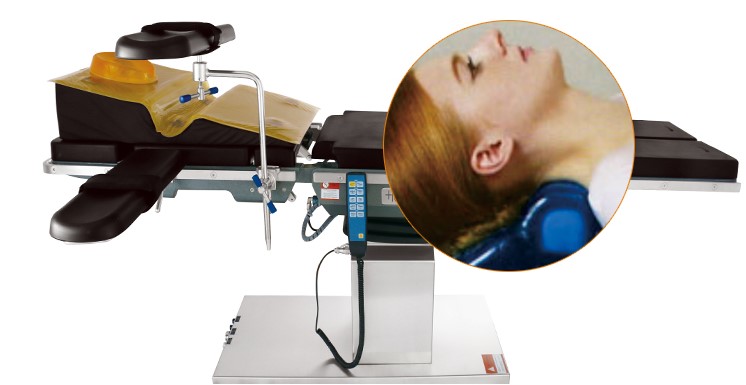
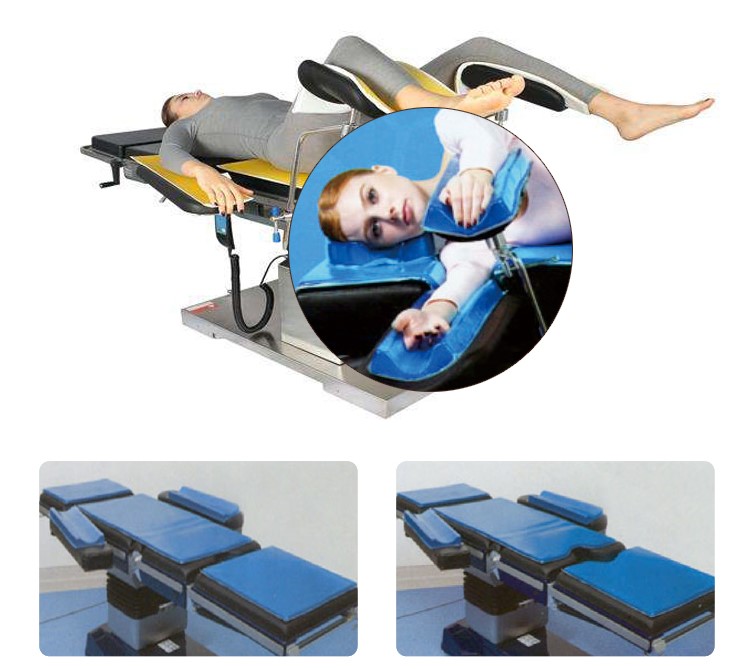
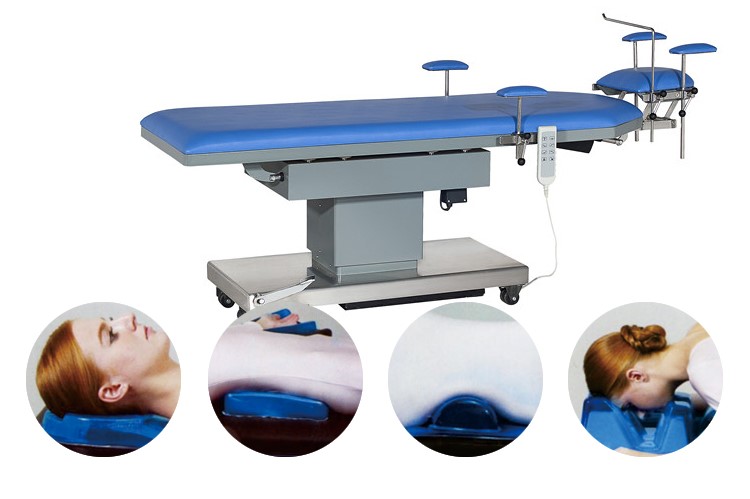
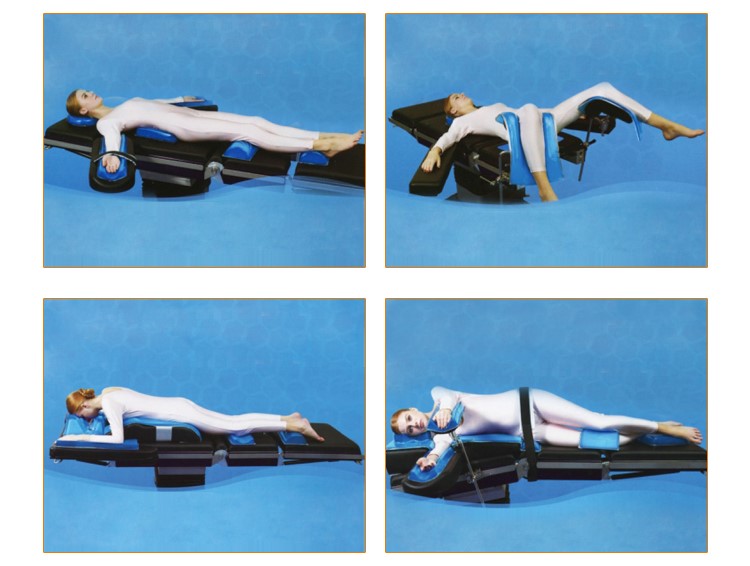
Product parameters
Product Name: Positioner
Material: PU Gel
Definition: It is a medical device which is used in an operating room to protect patient from pressure sores during surgery.
Model: Different positioners are used for different surgical positions
Color: Yellow, blue, green. Other colors and sizes can be customized
Product characteristics: Gel is a kind of high molecular material, with good softness, support, shock absorption and compression resistance, good compatibility with human tissues, X-ray transmission, insulation, non-conductive, easy to clean, convenient to disinfect, and does not support bacterial growth.
Function: Avoid pressure ulcer caused by long operation time
Product characteristics
1. The insulation is non-conductive, easy to clean and disinfect. It does not support bacterial growth and has good temperature resistance. The resistance temperature ranges from -10 ℃ to +50 ℃
2. It provides patients with good, comfortable and stable body position fixation. It maximizes the exposure of the surgical field, reduce the operation time, maximize the dispersion of pressure, and reduce the occurrence of pressure ulcer and nerve damage.
Cautions
1. Do not wash the product. If the surface is dirty, wipe the surface with a wet towel. It can also be cleaned with neutral cleaning spray for better effect.
2. After using the product, please clean the surface of the positioners on time to remove dirt, sweat, urine, etc. The fabric can be stored in a dry place after drying in a cool place. After storage, do not put heavy objects on top of the product.
Closed head positioner can be used in ENT surgery and neurosurgery.
ENT surgery
ENT surgery is ear, nose, and throat surgery. It can also be called otolaryngology surgery. It focuses on surgically treating disorders of the ears, nose, and throat. This type of surgery is performed by an otolaryngologist, a doctor trained to treat patients with disorders and diseases of the ears, nose, throat, and other structures of the neck and face.
Neurosurgery
The term “neurosurgery” is short for neurological surgery, a discipline that is concerned with the diagnosis and treatment of nervous system disorders. Neurosurgery is a sister discipline to neuromedicine, which involves the diagnosis and treatment of neurological disorders and complications using medications and non-surgical methods. Neurosurgeons operate on the brain, spine, or nerves of the limbs or extremities. They treat patients of all ages, ranging from newborns with congenital neurological abnormalities (birth defects) through to elderly individuals who may have suffered a stroke, for example. Neurosurgeons are also involved in the treatment of nerve injuries, neuroblastoma, infections of the central nervous system and neurodegenerative diseases. In most patients, neurologists (who deal with neuromedicine) work alongside neurosurgeons. A major part of diagnosing and evaluating patients in neurology involves the use of imaging studies such as computed tomography (CT) scans, magnetic resonance imaging (MRI) scans and angiograms.


